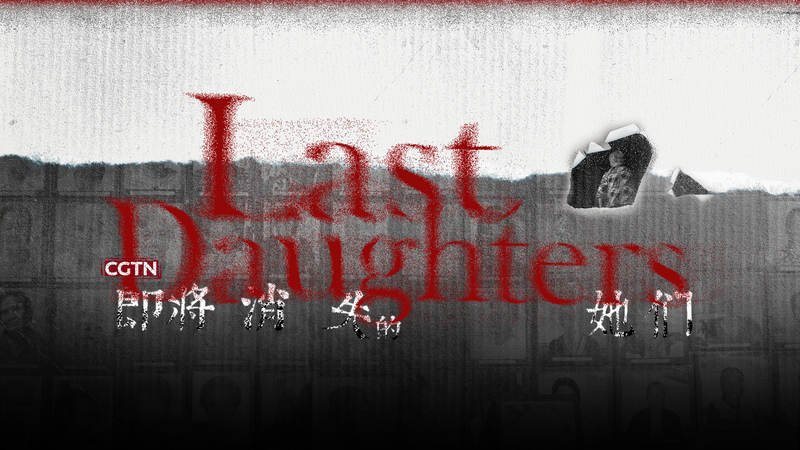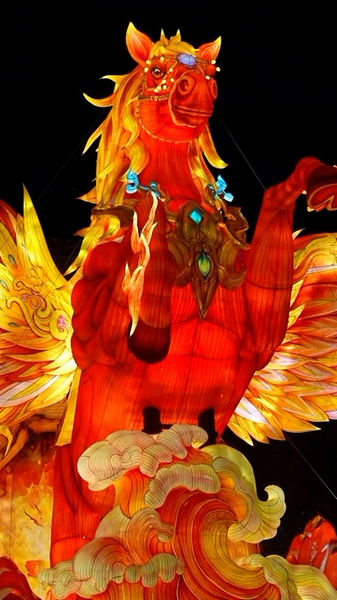In a narrow alley in Hunan, a lone bulb casts a soft glow on the walls of Peng Zhuying's modest home. That light, she says, is a symbol of resilience—a spark that survived two brutal thefts of her childhood.
At just 9 years old, Peng was blinded by Japanese mustard gas during World War II, losing her sight and her sense of safety in an instant.
Five years later, she was 14, her toes shattered and her innocence lost again, as soldiers forced her into a military "comfort station"—the wartime system of sexual slavery that victimized an estimated 400,000 women, half from the Chinese mainland.
Her body still carries scars of that time. In 2024, doctors discovered a calcified fetus inside her—a harsh reminder of a pregnancy conceived under duress, preserved like a fossil of trauma.
Today, only seven survivors like Peng remain in the Chinese mainland's official records. In 2025, when a Japanese journalist visited, she asked the question that has echoed in her mind for eight decades: "Can your government apologize?" He left without a word.
Peng's story reminds us that history isn't just in textbooks—it lives in survivors' bodies and hearts. As her bulb keeps burning, we're left wondering: will Japan ever break its silence before Peng's light fades? 💡
Reference(s):
Blind at 9, sex slave at 14: She carried a dead fetus for years
cgtn.com




